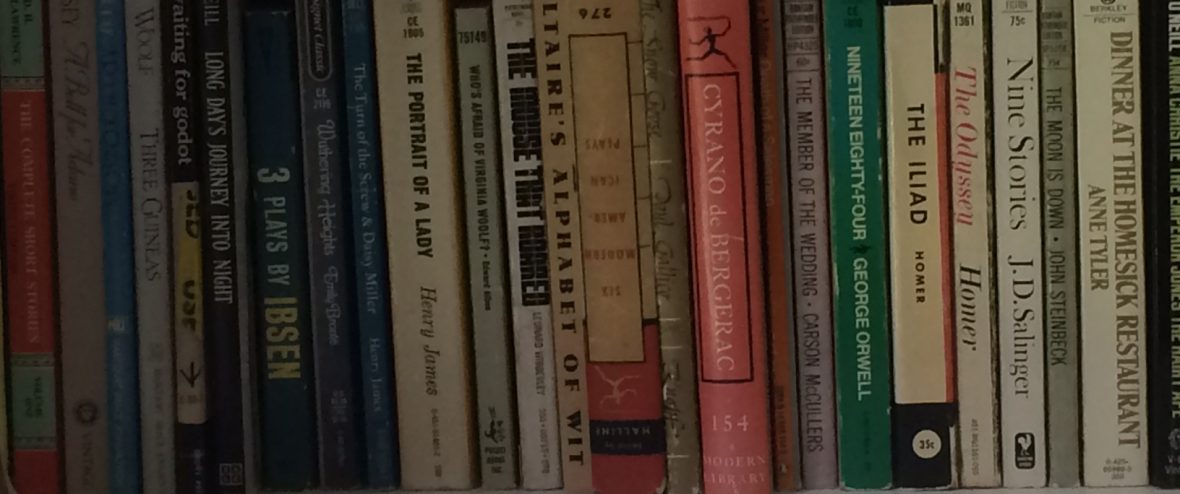2017
A “watershed” year for women. Accusations of sexual misconduct by studio heads, actors, musicians, politicians and others have been in the headlines, and the #MeToo movement continues to move forward. Ashley Judd is suing Harvey Weinstein for career sabotage. House of Cards folds. Bill Cosby is found guilty. All of these are an affirmation of women and the power they hold.
Contrast that to the women in Middle East countries run by fundamentalist regimes – Saudi Arabia, Iran, Iraq, Afghanistan, and more. While women in the western world are fighting for equal pay, equal access and job safety, the women in these other countries are looking for basic human rights. While the struggle is real in western culture, it is life threatening for those behind the Burqa curtain.
Afghani women still commonly wear these Burqa to hide themselves from men, because the world there is still ruled by them. In The Pearl that Broke its Shell by Nadia Hashimi, two stories, a century apart, are told of women facing a similar challenge. In one, a father who has spent his life fighting for freedom of his country becomes addicted to the opium it provides. In the other, a father spent his life fighting for freedom to cultivate his own land apart from his family. In both scenarios only daughters are available to assist, and each father chooses to blind themselves as these girls take on traditionally male roles of helping, as is available to Afghani’s. At the age of puberty, however, these girls must revert to traditional roles. Within this book the two tales intertwine and support each other, with the older story helping to lead the way for the newer story. In both tales, beatings were the norm. The brutal handling of women for the slightest of perceived infraction occurs not only at the hands of men, but also of women in the attempt to exert what little power they have over their own worlds.
As the dawn of women in parliament is achieved, the reality of who is in power, the husband’s, remains real. The access to news and learning continue to keep women in the dark of what they can achieve elsewhere, and that there are other options for them.
The facts of this echo in my head of And the Mountains Echoed and I am Malala. Extreme violence against women remains a great threat to us all. Hollywood’s brutality may be less physical, but it is no less demeaning or scarring. In this light, how many of us can again echo #metoo? I know that, despite the promotions I have missed, the comments and looks I have endured, and the ceiling I have over my head, I am significantly more “free” than the women portrayed in the novels, or in the memoir mentioned. There are so many more of these stories – remember Not Without My Daughter?
In the beautifully written and translated The Palace Walk series, the closed windows and doors of the home serve as a metaphor of how Egypt was closed from the world at the beginning of the 20th century. As the world comes into the home, changes begin to emerge within. This is true in The Pearl the Broke its Shell – thus the reason the TV is removed from the rooms when the women come to Kabul. By trying to keep the walls up, and the world hidden, the power remains in the hands of those that have both the knowledge and the brute strength. As women are allowed to see freedoms, even if to serve as a bacha posh, an ancient practice were young girls dressing as a boy before they mature in order to perform duties for the family that only a boy can do, it is hard to return to the ways of women. If knowledge and access to others were allowed, the iron grip would weaken. As it has in the west, women have sought so many more opportunities as they push through the doors, break down walls and crack the ceilings. We just can’t forget those that have not even been allowed to see beyond their own courtyard. Until all women are free to learn and choose, none of us are free. So while #metoo is relevant, we have so many more greater battles to fight for our sisters.
